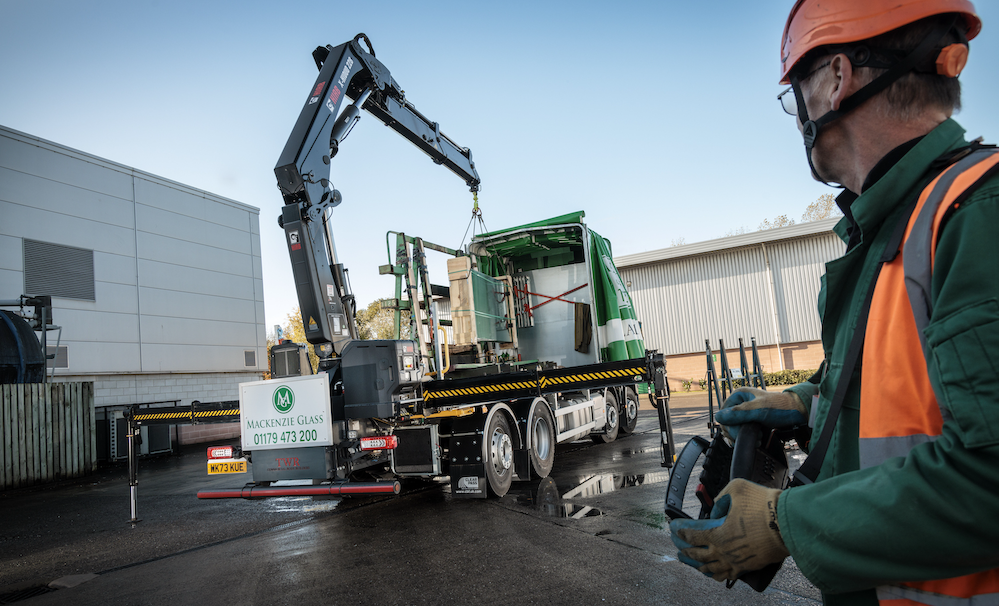Growing demand for a greener approach to fleet vehicle branding and livery is being met by Mediafleet with a new annual sustainability report.
Barnaby Smith, managing director at the vehicle graphics company, said that the document would eventually be accompanied by a revised company Environment, Social and Governance (ESG) policy that aimed to answer difficult but essential questions about how the sector should approach sustainability.
He explained: “Sustainability is an increasingly important element of the tender documents that we receive but vehicle graphics is a very specialised area and quite often the questions being asked are generic and don’t apply to our operations in a meaningful way.
“It is, in our opinion, too easy to produce answers that amount to little more than ‘greenwash’ when we really want to make a positive contribution and take actions that will make a difference in real world conditions.
“We want to formalise our existing environmental measures and a range of new ideas into a new company ESG policy. This document will attempt to quantify what we have achieved in key areas following an initial benchmarking exercise and the first should arrive later this year. We are trying to make genuine improvements rather than cynically view this as a tick box exercise.”
The Mediafleet sustainability policy includes initiatives to reduce waste, cut water and energy consumption, source renewable energy to power facilities, use sustainable materials in the manufacturing process wherever possible, recycle waste materials generated on and off site, utilise supply chains with sustainability strategies, and support not-for-profit organisations such as charities and community interest companies.
Barnaby said: “The policy is part of our overall ESG strategy. It is more sophisticated, comprehensive, effective and transparent approach to sustainability.
“For example, within the policy, we’re committed to helping existing and potential customers make better-informed choices about the vehicle graphics materials they choose – something that wouldn’t necessarily be covered in a tender document. Purchasing vinyl for application is a big part of this and our policy encourages the use of materials that are recyclable at the end of the vehicle’s fleet life, including measures for its collection.
“We recognise that businesses have a growing need to engage with suppliers that respect sustainability. What we are trying to do is be as transparent as possible about our strategy, the metrics we use, and the progress we are making over time. We are not where we want to be just yet, but our aim is to be as honest as possible about the journey we are taking.”







